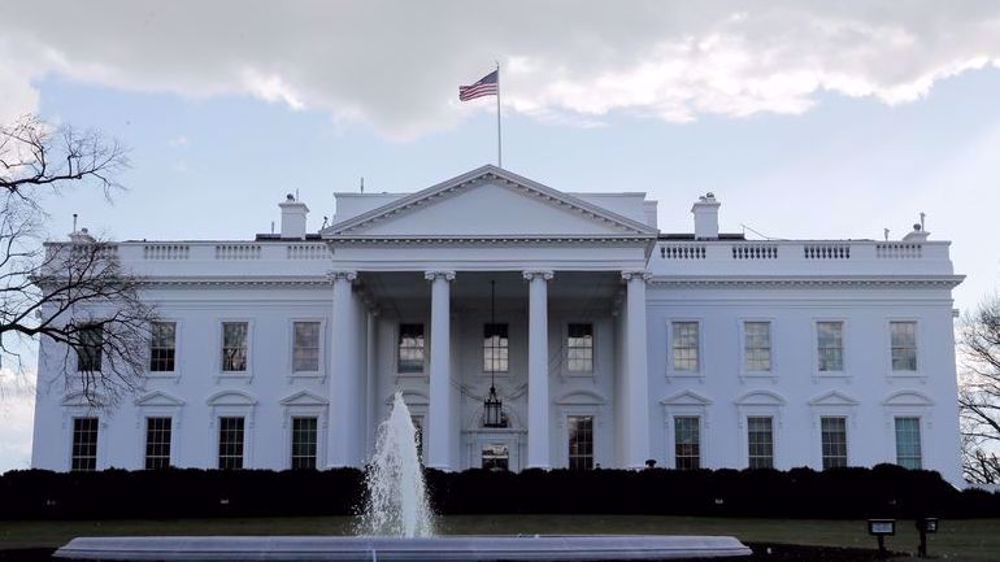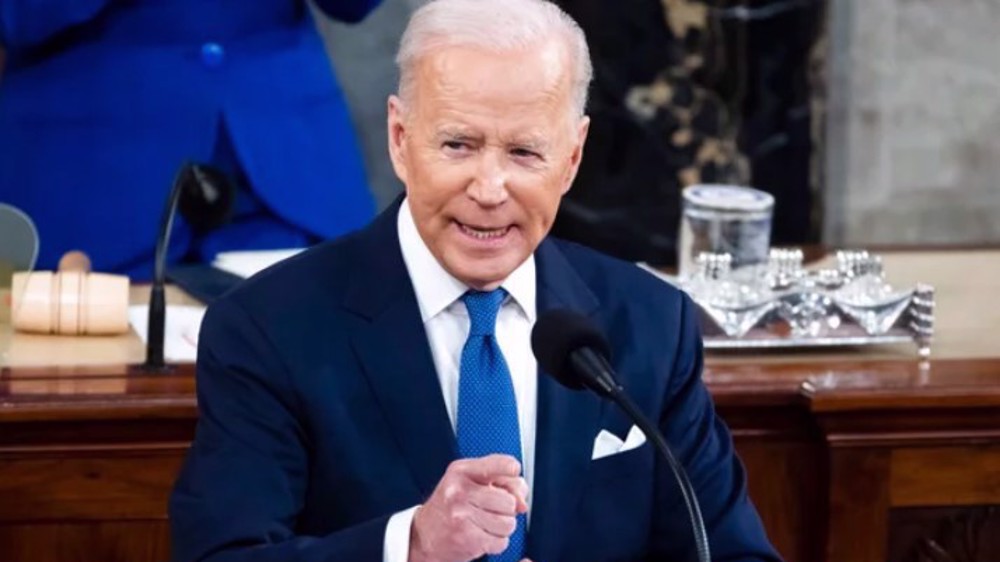US considers cutting Russian oil imports amid Ukraine conflict
The Biden administration is considering cutting US imports of Russian crude oil as Congress fast-tracks legislation to ban Russian energy entirely, the White House says, a move that would further hurt Americans at the pump.
Conversations are taking place within the administration and with the US energy companies on ways to minimize the impact of such a ban on American consumers and the global supply.
"We are looking at ways to reduce the import of Russian oil while also making sure that we are maintaining the global supply needs out there," White House spokeswoman Jen Psaki told reporters on Friday. The White House is in contact with members of Congress on how to move forward, she said.
On Thursday, US Senators Joe Manchin, a West Virginia Democrat, and Lisa Murkowski, an Alaska Republican, proposed bipartisan legislation to ban Russian energy imports to punish Russia over Ukraine and what they called the “weaponizing” of energy.
House Speaker Nancy Pelosi, Democrat of California, also threw her weight behind the idea at a news conference on Friday. “I’m all for that — ban it,” Pelosi said. “Ban the oil coming from Russia.”
The White House hopes that the legislation, which is being fast-tracked in the upper chamber, would help it share some of the blame for any price spikes caused by a ban on Russian energy imports.
Psaki declined to explicitly lay out the specific steps that President Joe Biden is considering to take in order to implement such a risky ban. “He’ll consider and continue to discuss with his team other steps we could take domestically,” she said, referring to Biden.
She did note, however, that administration officials were in talks with global suppliers about alternative sources of energy amid the conflict in Ukraine. National Security Council Middle East coordinator Brett McGurk and the State Department's energy envoy, Amos Hochstein, recently traveled to Saudi Arabia for talks with officials there.
Some officials and energy experts have warned that a ban on Russian imports will raise domestic energy prices at a time when gas prices are already surging and adding to inflationary concerns across the US economy. The national average for a gallon of regular gas stood at $3.83 on Friday, the highest since September 2012.
President Biden has also been trying to coordinate his penalties on Russia with European allies, who are heavily dependent on Russia for oil and natural gas supplies.
“The unity is what makes the sanctions work,” White House chief of staff Ron Klain said in an interview this week. “Once you get to these sanctions on oil and natural gas, it gets more complicated on keeping everyone together.”
The United States, the biggest oil consumer in the world, imports oil from Russia, but it is not highly reliant on the country for its supplies. In 2021, about 3 percent of crude oil shipments to the US came from Russia.
A new Reuters/Ipsos poll has found that a majority of Americans, 80 percent, think the United States should stop buying Russian oil in light of the Ukraine crisis.
Russia accounts for about 10 percent of the global oil supply and is the third-largest producer after the US and Saudi Arabia.
Hezbollah attacks Israeli forces after Lebanese homes blown up
World leaders, states hail ICC arrest warrants for Netanyahu, Gallant
MP: US accountable for possible Israeli 'foolishness' to attack Iraq
VIDEO | Israeli policies strangle Palestinian agriculture, economy
Iran's president offers condolences to Pakistan over terrorist attack
Canada’s Yukon town council at standstill over refusing oath to King Charles
Yemen's Houthi calls for jihad to protect Palestine against Israel
VIDEO | Internal rifts within Israel

















 This makes it easy to access the Press TV website
This makes it easy to access the Press TV website